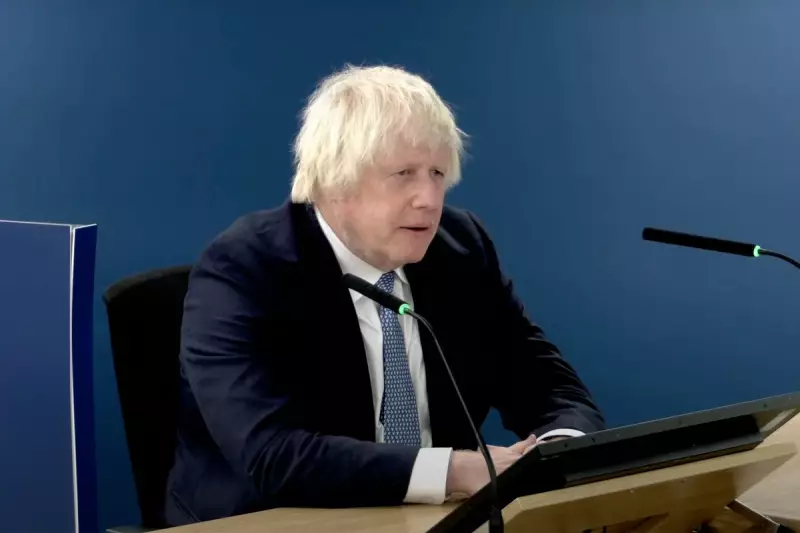
Shocking revelations from the UK Covid Inquiry have laid bare the chaotic decision-making within Boris Johnson's government that led to the 2020 exam results catastrophe, with former Education Secretary Gavin Williamson admitting they were "blindsided" by the algorithm controversy.
The 'Bodies Pile High' Mentality
Text messages presented to the inquiry show Sir Chris Wity, the government's chief scientific adviser, warning that ministers were "going to have to make some very unpopular decisions" about exams. The communications reveal deep concerns about political interference in what should have been evidence-based policymaking.
Algorithmic Injustice Exposed
The controversial standardisation algorithm, designed to replace cancelled exams, became the centre of a national scandal when it disproportionately downgraded students from disadvantaged backgrounds. Williamson confessed to the inquiry that the government had failed to anticipate the public backlash against the computer-generated results.
"We got this one wrong," the former Education Secretary admitted, though he maintained that "at every stage we were trying to do the best we possibly could."
Scientific Advice Ignored
Sir Chris Wity's evidence painted a disturbing picture of a government resistant to expert guidance. His texts indicated frustration with ministers' reluctance to make tough choices, suggesting they were prioritising political convenience over educational integrity.
Fallout and U-Turn
The public outcry forced a dramatic government U-turn, with ministers eventually abandoning the algorithm and reverting to teacher-assessed grades. However, the damage was already done - thousands of students had their university places and future plans thrown into chaos.
This evidence adds to the growing picture of dysfunction within Johnson's administration during the pandemic, raising serious questions about how future crises should be managed to protect young people's educational opportunities.





